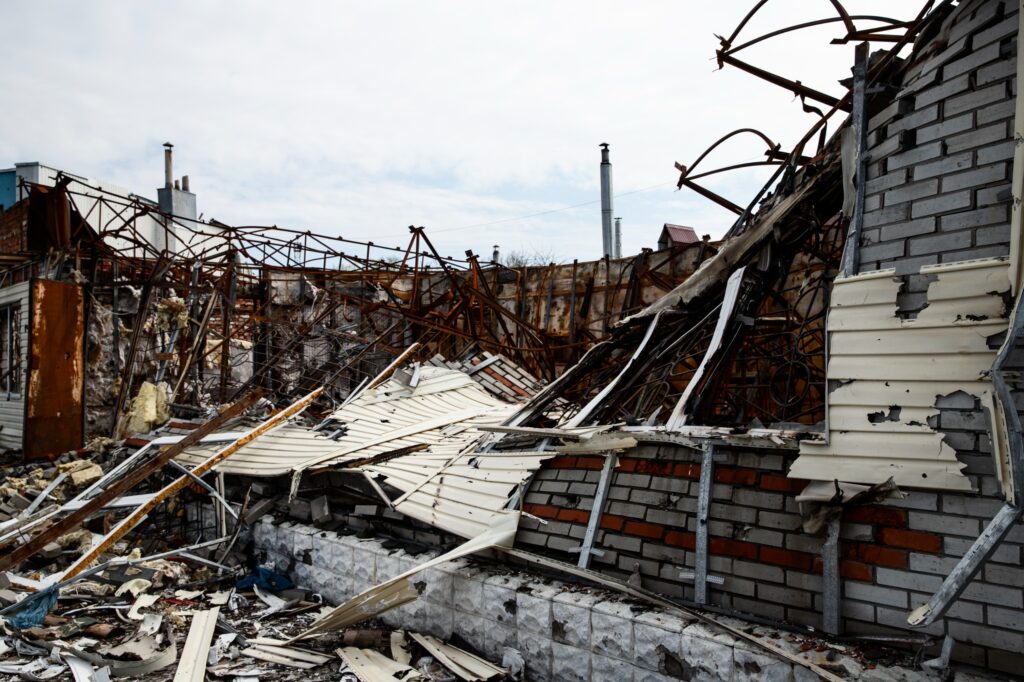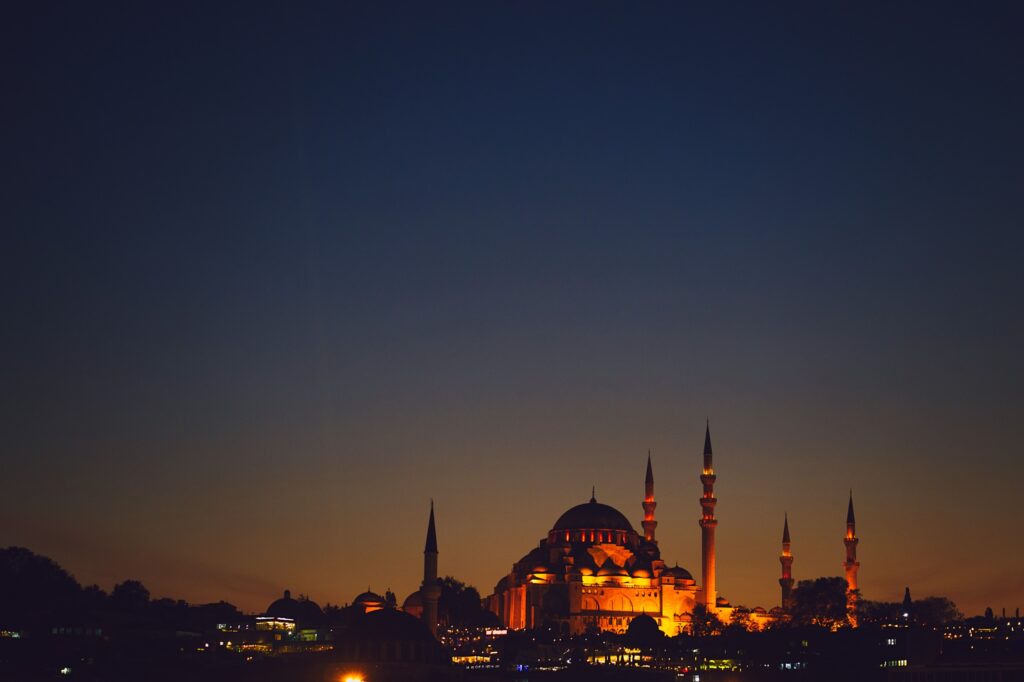Judeo-Christian America and the Muslim Community
As we all may know, the legislation of those that came before us is legislation for us as long as it does not conflict with our beliefs or divinely dictated rulings. There is a wealth of information in the books of tafsir and Athar of the Salaf that is found originally in the Israeliyyat.
Judeo-Christian America and the Muslim Community Read More »










